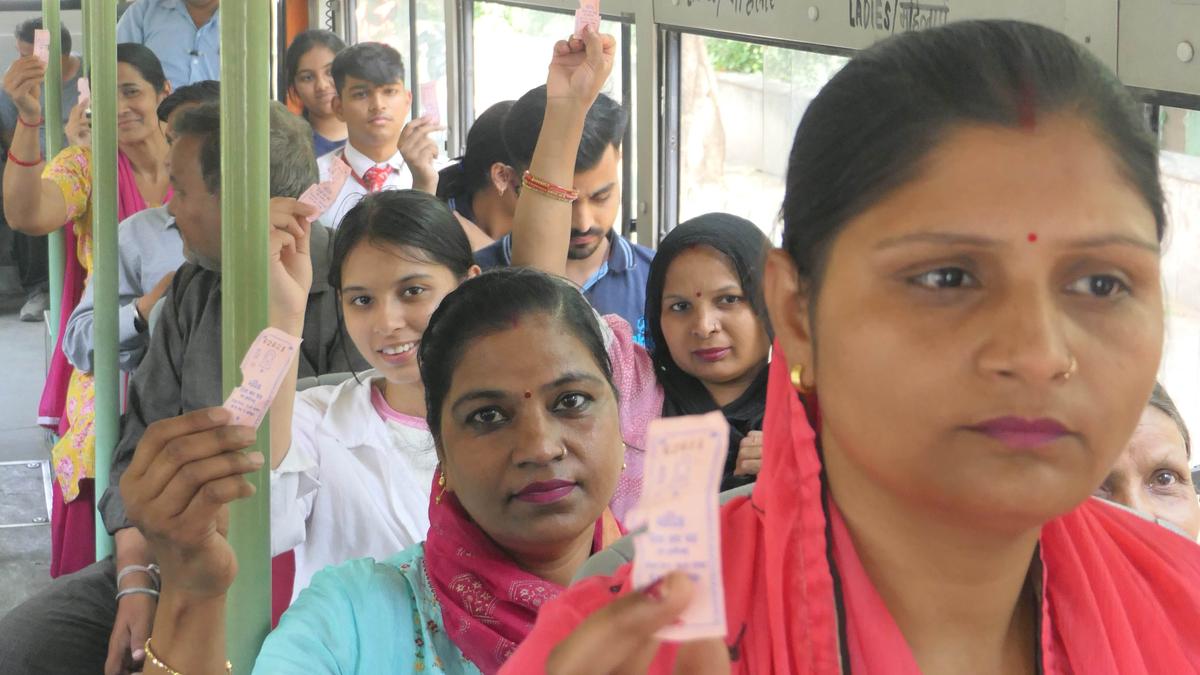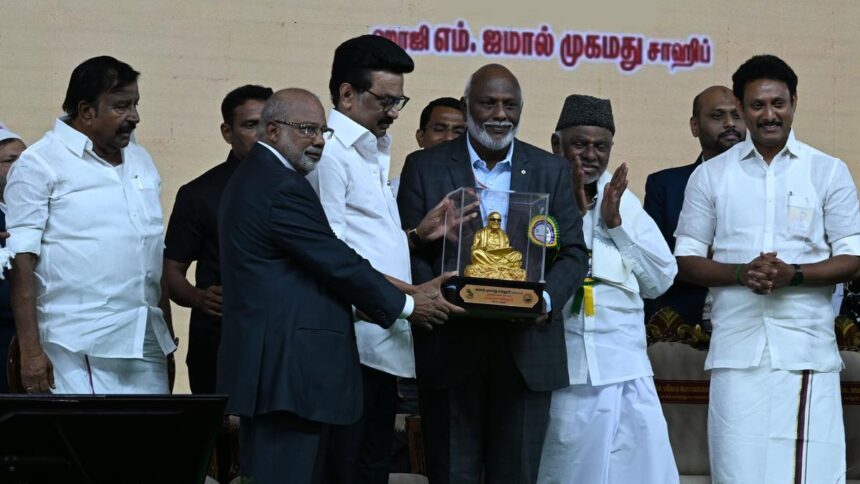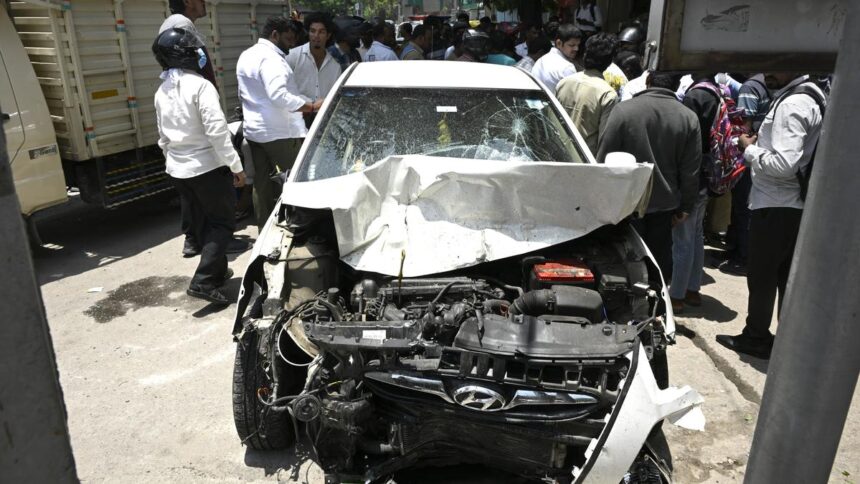
Women showing pink tickets while travelling on a DTC bus.
| Photo Credit: FILE PHOTO
NEW DELHI
At a buzzing bus stand outside a shopping mall in Malviya Nagar, Rakhi Yadav glances intermittently at her wristwatch, waiting for a Delhi Transport Corporation (DTC) bus. For the 22-year-old sales assistant with a beauty brand, this hour-long daily commute is more than just a routine – it is a lifeline that once helped her save thousands in monthly transport costs.
However, that changed with the recent announcement of the Delhi government’s Saheli Smart Card scheme, which limits free DTC bus travel only to women and transgender persons who can prove Delhi residency. For Ms. Yadav, who works in south Delhi but lives just across the border in Noida, the decision has caused a significant dent in her disposable income.
“I never used DTC buses for comfort. I took them for the hour-long commute because they helped me save at least ₹3,000 a month,” she said.
Paper walls
The Saheli Smart Card replaces the pink ticket system, introduced during the previous Aam Aadmi Party (AAP)-led government, where all women, regardless of their address, could travel for free. The cards, bearing the beneficiary’s name and photo, must be applied for online via the DTC website. They will be delivered by post after full KYC verification at the selected bank branch, which involves submitting documents such as Aadhaar card, PAN card, passport photos, and address proof.
Chief Minister Rekha Gupta, during her Budget Day address in March, criticised the earlier practice of issuing pink paper tickets to women, alleging that it was a major source of corruption.
A senior DTC official, speaking to The Hindu, defended the move, citing financial strain and a need to streamline the scheme.
“The decision to restrict the Saheli Cards to Delhi residents was taken to plug revenue losses. We had to ensure that the benefits are only extended to those who are part of Delhi’s formal address system,” he said.
Access limited
Yet for many daily commuters, women and transgender persons alike, the new rules feel like a step backward, turning a welfare scheme meant to empower into one that excludes.
“Since 2023, we have been waiting for the Mohalla Buses to be launched. Now they have come, but we’re told we need a Delhi Aadhaar card. What about migrant workers like us who help keep this city running?” says Lata while waiting for an e-rickshaw at a bus stop in Neb Sarai to get to her job in Saket.
The 36-year-old sanitation worker from Banda district in Uttar Pradesh has been living and working in Delhi for years, but lacks a Delhi-based Aadhaar card.
Ms. Lata was among the many women who protested in September 2023 for the implementation of the Mohalla Bus scheme (now called DEVi buses). She now spends ₹20 one way on e-rickshaws and walks back home to save money, hoping to trim her commuting expenses to ₹600 monthly.
Rajji, a 29-year-old transgender social worker, had followed closely the court case filed by Amit Juyal against the Delhi Transport Department in 2023, which had led to transgender persons being included in the free bus travel scheme.
“I was very glad when the Delhi government decided that transgender persons would also get pink tickets. But now, insisting on residency proof limits access for so many from the community,” said the social worker.
“It was a huge win when we got pink tickets too. But now, insisting on residency proof limits access for so many of us who don’t have permanent homes or documents.”
Published – August 04, 2025 01:32 am IST






















